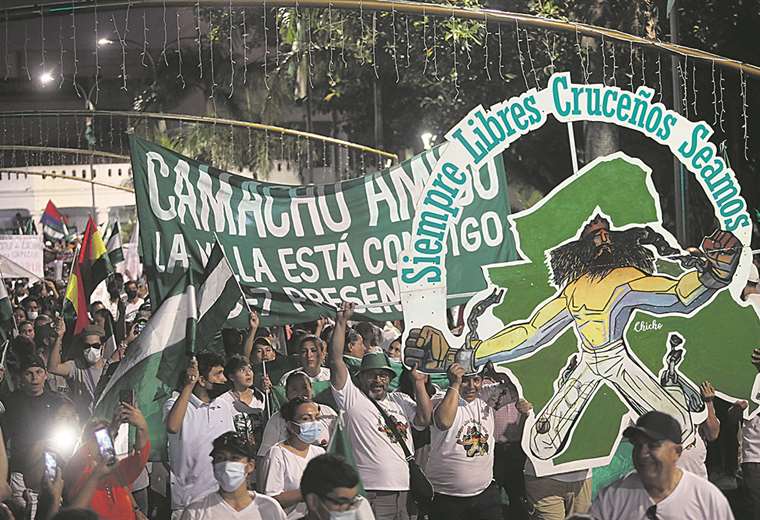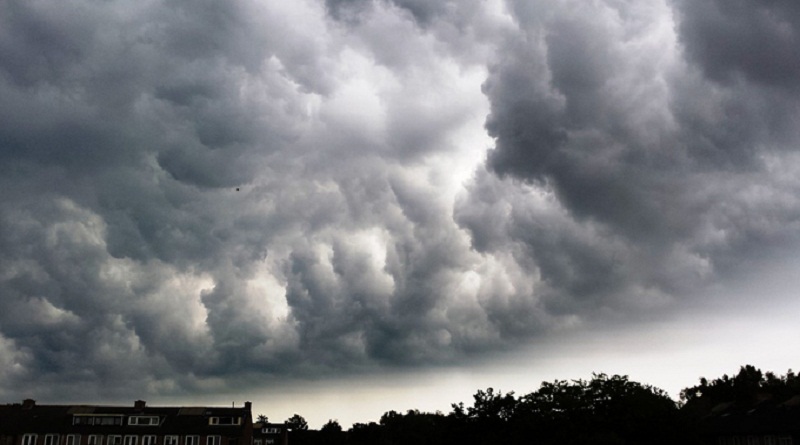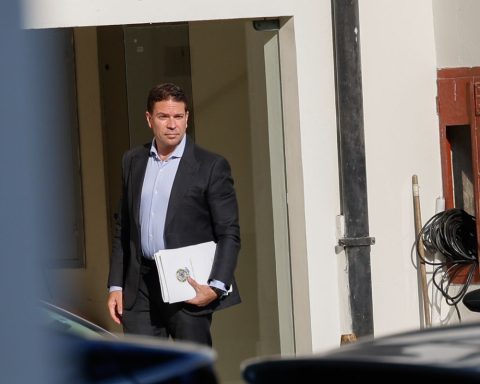The Ministry of Energy approved this Tuesday the natural gas prices that will be in force by 2023one of the components of the invoices that must be paid and transferred to the users by the distributors.
The new gas prices were arranged through resolution 610/2022 published this Tuesday in the Official Gazette.
As anticipated last week by the Secretary of Energy, Flavia Royon, during 2023 there will only be a single update in the cost of gas of 28.3% for those users who do not request segmentation or are of high incomethat is, those who collect more than 3.5 basic baskets per month, equivalent to $510,818.
In the case of Tier 3 (middle income), They will also get a raise. which, as in Level 1, will contemplate increases in the value of the fluid, transportation and distribution.
The regulations established that the producers awarded the Plan Gas.Ar and Enarsa (Energía Argentina) gas sales must be invoiced to distributors with the new values at the Point of Entry to the Transportation System (PIST).
gas price It is one of the components that make up the final invoice that users receive by each distributor.
Enargas will also continue to contribute monthly to distributors information regarding users in terms of segmentation by income, which will determine the level of subsidies, although the value of gas remains fixed.
The new values that will be applied in the tariff readjustment in the coming months, as well as the portion of the PIST price that the State will be responsible for, were evaluated at a Public Hearing last month.
In the recitals it was indicated that “it is the Government’s policy in terms of tariffs for public services, that these are in line with the evolution of salary income, in such a way that energy costs do not grow above them and, on the contrary, represent progressively lower proportions”.

Similarly, it is noted that for pricing, the estimated gas import values for this year were taken into account: it was calculated that the imported gas from Bolivia will be of the order of US$ 9.91 per million BTU by 2023, and that the price of imported LNG between May and September will be US$ 42.07 per million BTU, at which the cost of regasification must be added.
The official stressed in reference to those who receive lower income, that “there will be no increase in the value of natural gas for users registered in Level 2, whose only annual increase will be concentrated in the components of transportation and distribution”.
Royon indicated, regarding the SMEs, that those that are registered in the Mipyme registry and have the user category “P” “will continue to be reached by the subsidies”, in such a way that “it takes care of the neighborhood businesses, the neighbor and the growth of the industry against inflation.”
In this way, he stressed that “it aims to meet a double objective, build a predictable price path for the sector and reduce inflationary expectations to protect the income of workers and the whole of economic activity”.
The Registry of Access to Energy Subsidies (RASE) remains open on the website argentina.gob.ar/subsidios, and anyone who has not registered can do so to report their income, and if applicable, continue to receive subsidized gas.
3.5 million low-income households, which have applied for and obtained the energy subsidy, will not have increases in the cost of gas during 2023.
— Flavia Royon (@FlaviaRoyon) January 6, 2023
The value of the PIST -the cost of gas itself-, released this Tuesday, is the main component in the final gas rate and represents almost 50% of it.
To the same must be added other components whose values have not yet been disclosed and that affect the final bill: transportation of gas to consumption centers, distribution among households, and the tax burden (national, provincial and municipal taxes).
Regarding distribution, the sector, in a virtual public hearing held last week, requested a recomposition that averages 200% to be applied in February, to then add quarterly adjustments that will take as parameters the evolution of inflation and the increases in the costs of the sector.


















